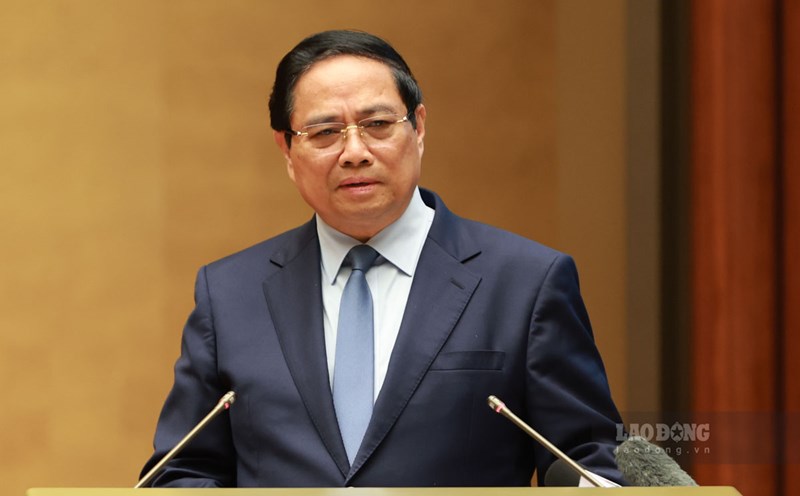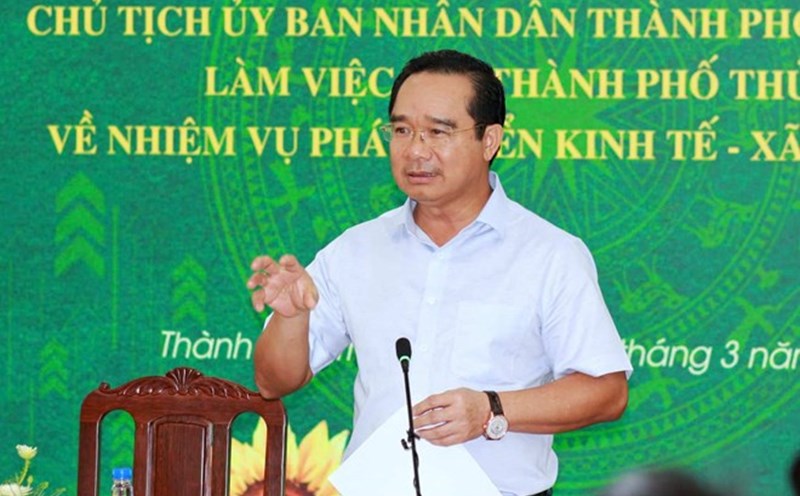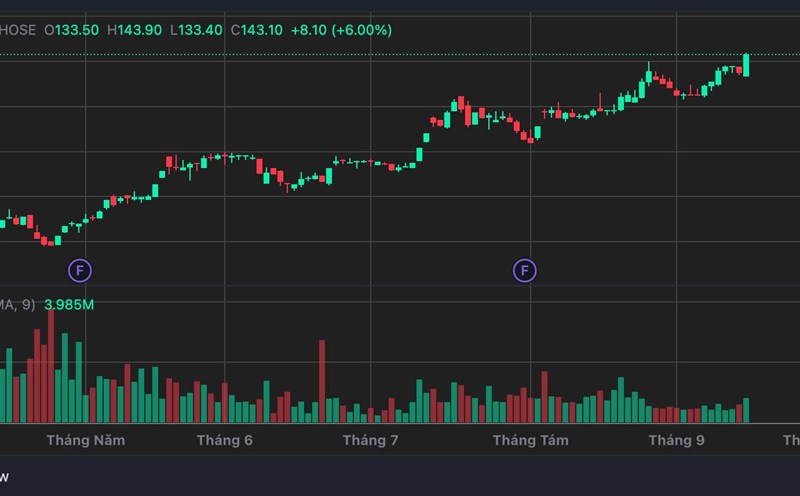Speaking at the National Conference on disseminating and implementing Resolution No. 71-NQ/TW on breakthroughs in education and training development on the morning of September 16, Prime Minister Pham Minh Chinh continued to emphasize a long-standing "disease": "The mentality of attachment to status in society is still heavy, the policy of employing cadres still focuses on qualifications over capacity, chasing qualifications".
There are currently no latest statistics on the number of cadres and civil servants with master's and doctoral degrees in localities. However, from recent figures, the current situation can be somewhat imagined.
For example, according to the report of the Ministry of Home Affairs, before the merger, the whole country had nearly 60,000 civil servants with master's and doctoral degrees (of which: 1,470 people have doctoral degrees, accounting for about 0.63% of the total number of civil servants).
In terms of each locality, for example in Thanh Hoa, a statistic in 2024 shows that this locality has up to 7,144 cadres with master's or doctoral degrees, accounting for 9.1% of the total number of cadres and civil servants.
However, the issue here is not the number of cadres with masters and PhDs, but whether these people are being arranged in the right positions and have real talent or not?
In reality, most positions in state agencies that do not require high degrees such as doctorate or master's degree are there, while positions that really require a master's or doctorate degree are not there, not enough.
If in the apparatus, people only focus on their qualifications, it will lead to a situation of "more teachers, less workers", people with qualifications have many, but people who really know how to do, dare to think, dare to do too few.
Another consequence of focusing on qualifications in personnel recruitment is that when qualifications are considered more important than practical abilities, many cadres have to participate in courses to "take a degree" instead of focusing on improving work skills.
This leads to a waste of time and money for society and individuals, but the results achieved are not commensurate with the efficiency of the work.
The mentality of needing a degree for promotion can easily lead to buying a degree, applying for a degree, learning to deal with it... distorting the educational environment, losing society's trust in the true value of knowledge.
When titles overwhelm reality, the apparatus becomes formal, lacking dynamism and creativity. And this is contrary to the goal of building a serving, close-to-the-people and effective administration.
Master's and doctoral degrees are a high-quality human resource, always needed for the apparatus, but should only focus on special units and positions such as strategic consulting, in-depth research or law-making...
And of course, they must be real masters and doctors, not fake doctoral degrees or grassroots doctoral degrees as a sour metaphor for the past.
The rest, for the majority of civil servants, from the input recruitment stage to the assessment according to KPI, let's talk to each other based on their real professional capacity.
Substantial professional capacity and public service attitude will create the quality of the administrative apparatus, not the number of masters and doctors.











